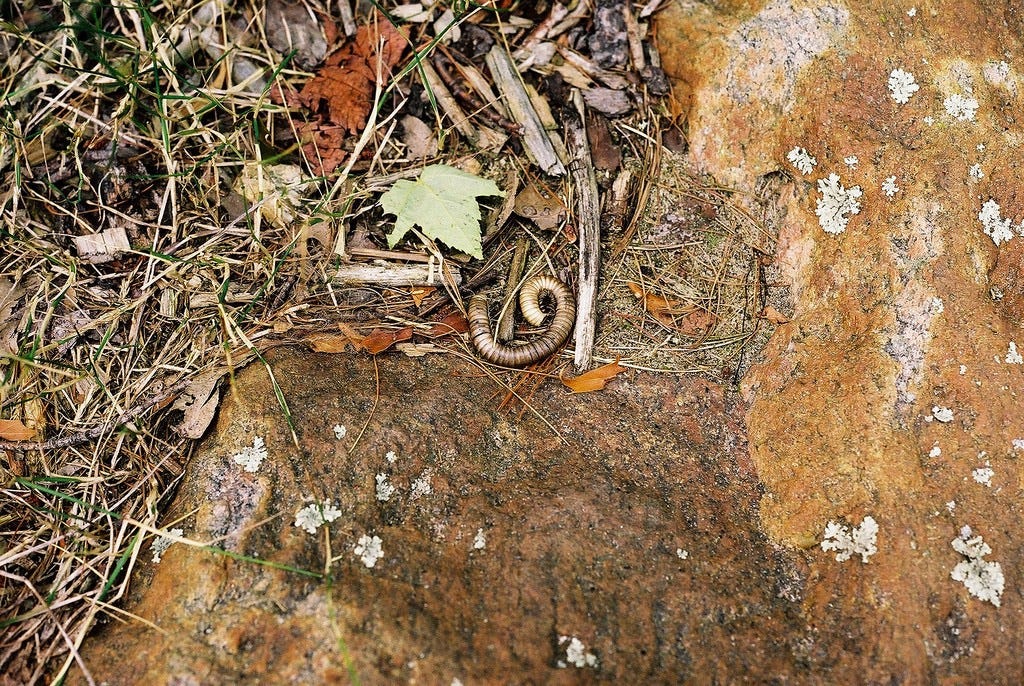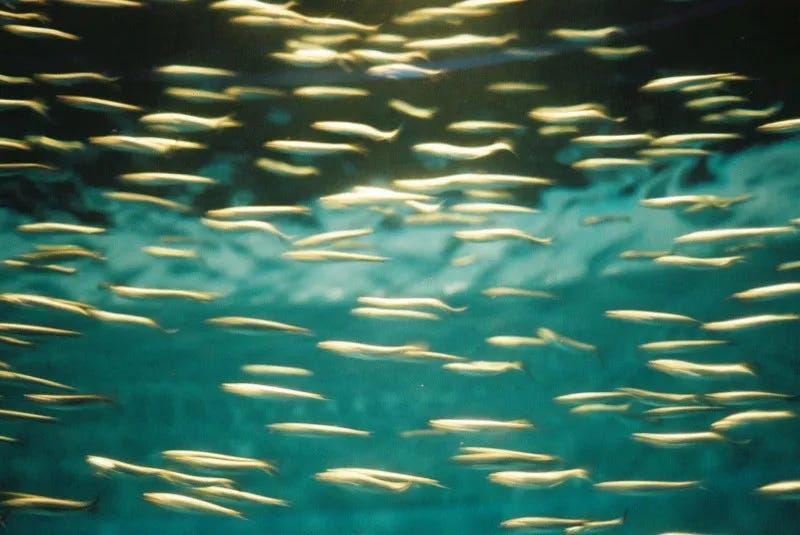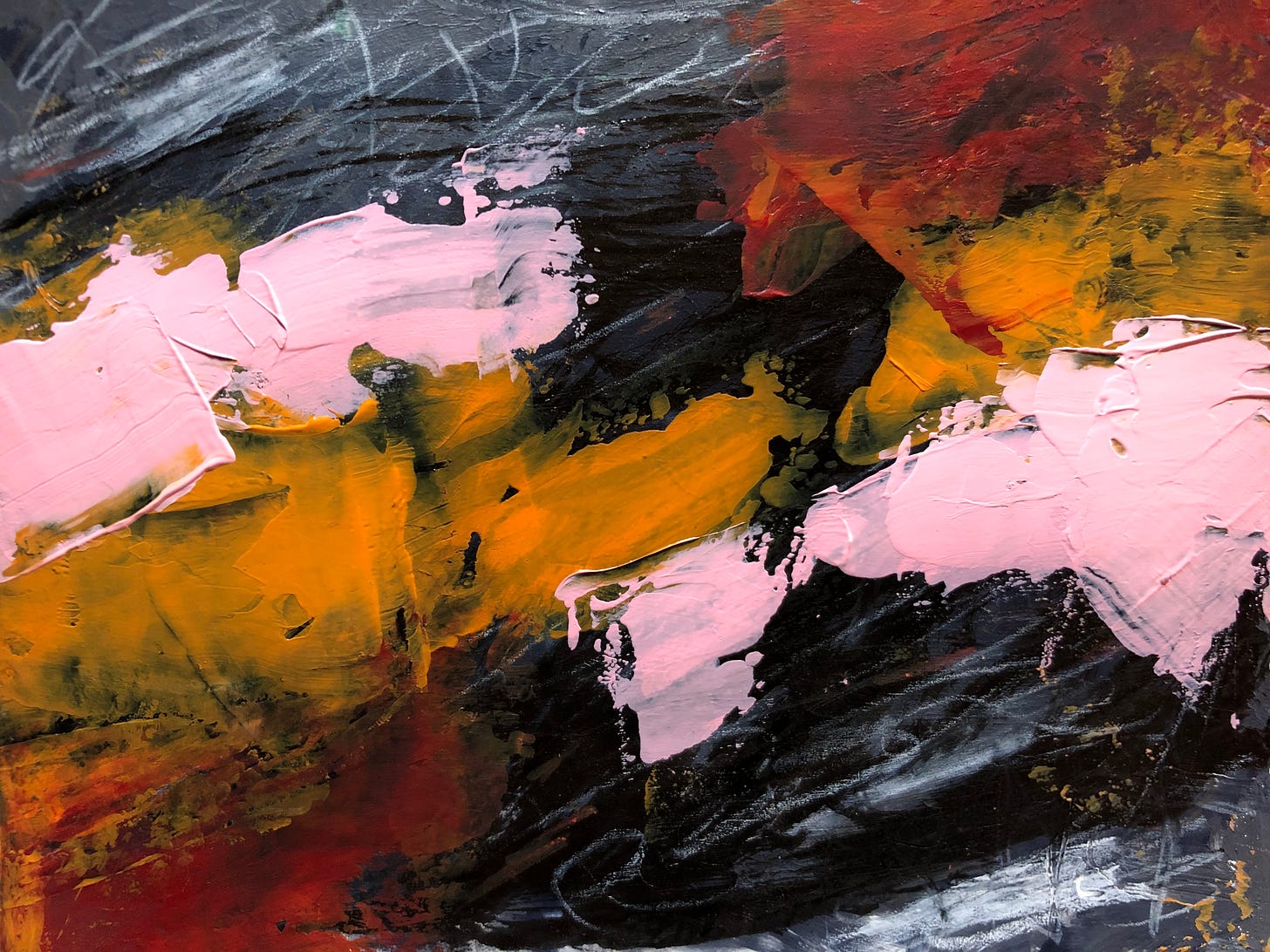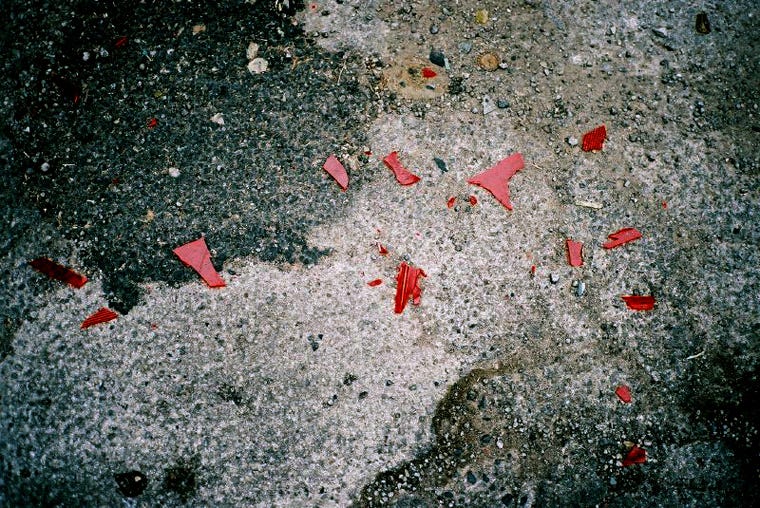Cultivating Wonder
A short post that I wrote a decade ago to remind myself that wonder has no age limit.
Written February 2013
^ The wonder of childhood feels like this in my memory — rapid flashes with the occasional moment of brilliant clarity.
When we speak about childlike wonder we are drawing on a time when wonder was as innate as breath. For children, wonder is practically key to their survival. Wonder is synonymous with a child’s fluid acquisition of language and their drive to discover and define the seemingly infinite new things that get introduced to their senses. Our nacent sense of wonder is our earliest guide to the world.
It’s strange that we relegate wonder to the realm of childhood. To me, it feels just as innate and necessary to adult life — we adults are just unfortunately good at suppressing wonder. Because we tend to tag wonder as a child state, it becomes too susceptible to being derided as frivolous.

Wonder deserves to be cultivated. A strong sense of adult wonder deepens our understanding and appreciation of everything around us. Wonder is amazingly not finite. I was thinking about wonder metaphorically as a choose-your-own-adventure system for discovery. Every observation, experience, and question are paths we take that always lead to further wonder if we let them. And the choices available often splay out before us iterating like fractal branches.
In a sense, wonder shared is culture. We bond to each other through mutual experience of our senses and our intellectual and aesthetic pursuits are formed almost wholly from our fascination with both describing and evoking wonder.
I felt compelled to write this as I can occasionally see the barriers I impose on my own strong sense of wonder. I sometimes need to remind myself that wonder is right there, as involuntary as breath to me, if I don’t hold it in.





A fascinating read. I still wonder like a child, and I would love to carve out more time to do so. It is such a battle to freely be able to wonder when there is a mountain of to-do lists and chores and stress clamoring for attention instead. I think that's why children can wonder freely, unburdened by these adult tasks.
It's great to read this. Being curious and living in wonder can be minimized or completely shut down by adult concerns and pressures that are external; mostly social and even cultural expectations of how adults "should" or "shouldn't" behave and/or think like. This is part of what centering art does for us; it helps us in centering curiosity and wonder about almost everything, expanding what it means to be human.
This is so necessary in a society like the U.S. that on so many levels actively devalues wonder and those who maintain it through art of all kinds, while at the same time craves wonderment through all that artists (visual artists, writers, film makers, poets, dancers, composers, etc...) provide.